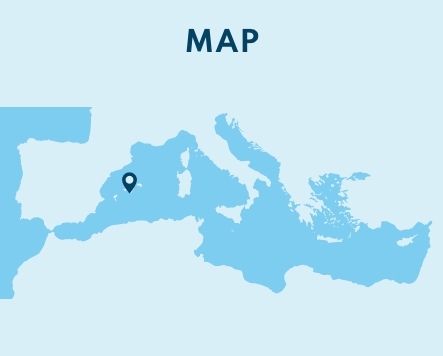
Balearics
Restoring Balearics’ marine ecosystem and turning the islands into a Med reference of marine conservation.
The Balearics project aims to restore Balearics’ marine ecosystem and to turn the islands into a Med reference of marine conservation.
Objectives:
Pave the way for 30% of the Balearic Sea to be protected by 2030 and at least 10% under a strict level of protection.
- Increase the effectiveness of existing MPAs by strengthening marine citizen science programmes; by raising awareness through a photo challenge.
- Increase the no-take zone area in the Balearics from 44.5 km2 to 100 km2 by 2022.
- Develop and implement an action plan for the conservation of sharks and rays in the Balearics Get the Balearic fishing fleet to take significant steps to become one of the most sustainable of the Mediterranean, with (co-)management plans for key species, transparency and fully documented fisheries, implementation of low-impact fishing gear/techniques/management measures, and adoption of ethical-sustainable certification.
- Grow the number of donors contributing to the conservation of the Balearic Sea.
- Increase the share of public funding (central, regional government) allocated to marine conservation initiatives.
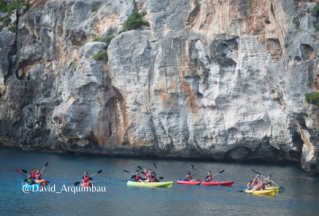
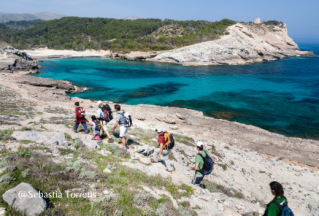
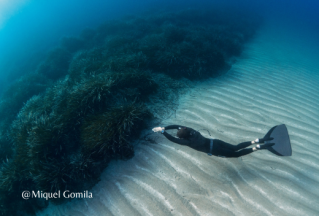
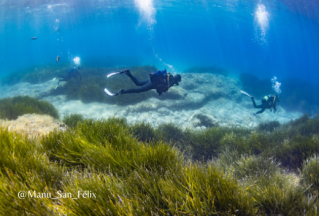
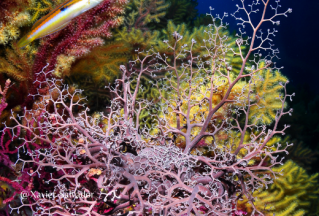

Aniol is a marine biologist and an environmental economist. He is the Director of the Marilles Foundation and the project coordinator of Balearics. He is leading new initiatives to turn the Balearics into a beacon of marine conservation.
Partners
The Balearic seabed is one of the most diverse in the Mediterranean. It is home to more than 400 species of fish, cetaceans and provides 50% of all Spain’s Posidonia meadows. The islands are partially safeguarded by a network of Marine Protected Areas but these are under tremendous pressure: mass tourism, anchoring, urbanization, overfishing, pollution… There is therefore a growing demand and necessity for change. That’s why the Balearics project was born. It aims to restore Balearics’ marine ecosystem and to turn the islands into a Med reference of marine conservation.
